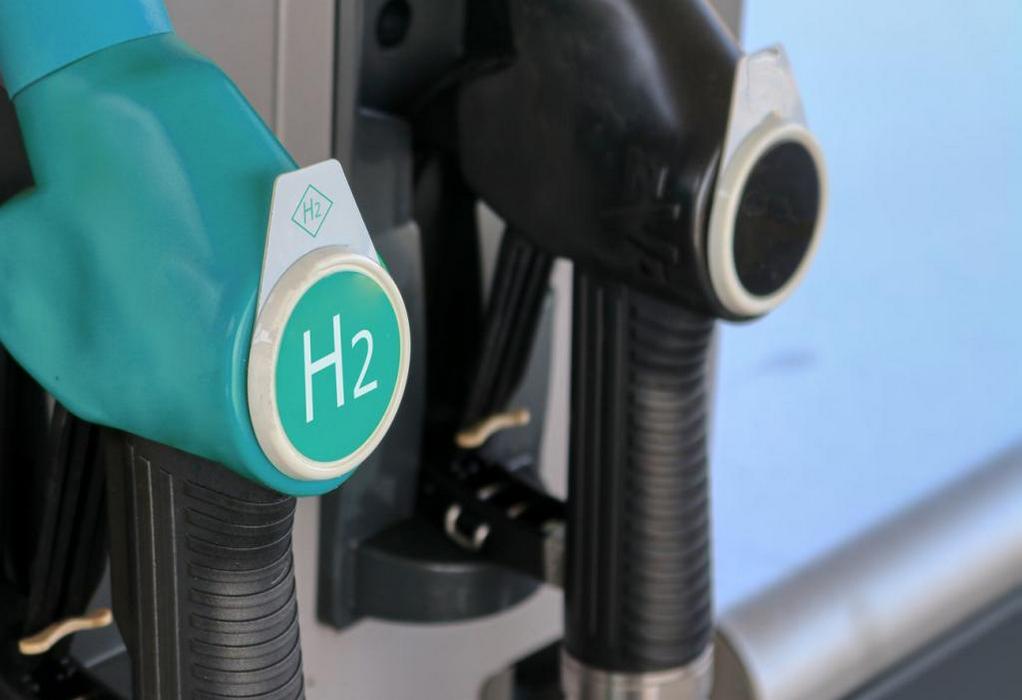The partnership between consultancy and engineering company Riccardo, energy company Scottish Power, rail infrastructure operator Network Rail Scotland and the University of Leeds is thus entering a new phase. The ultimate goal is to withdraw all diesel trains from the British rail network by 2040.
Over the next six months, the consortium will test the use of green hydrogen produced by renewable energy sources in prototype electric trains powered by hydrogen. The proposed plan envisages replacing diesel trains running in rural Scotland by 2035.
Out of the three projects in the tender that included the rail line, only the Riccardo-led consortium got the green light for funding in terms of the transport category.
After the testing and prototyping phase is over, A hydrogen electric train project by four British companies is expected to enter a new round of funding that will boost the pre-production phase.
The project was already funded while it was in the “discovery” phase, and now guarantees project Alpha status through the Strategic Innovation Fund (SIF, in its original acronym), which makes possible the influx of additional capital.
Launched in 2021 by Ofgem and Innovate UK The fund aims to accelerate the progressive transition from imported gas supply to domestically produced energy, decarbonised and at a lower cost to consumers. It has the potential to make the UK a hub for energy innovation.
Tags: British Rail Network, Hydrogen, Network Rail, Ricardo, University of Leeds



Recent Posts
Port of Brisbane Unveils Vision 2060 to Drive Smarter, Cleaner, and More Connected Future
Wärtsilä to Deliver Hybrid Propulsion Systems for Vertom Group’s New Low-Emission Vessels
Latvian port receives electric Konecranes Gottwald Mobile Harbor Crane
Sustainable Ocean Economy Vital for Human Development, Says UNDP at UN Ocean Conference
Green Hydrogen Costs in India Could Drop by 40%, Says IEEFA-JMK Report
Cavotec Secures €1.55 Million Shore Power Contract for Port of Antwerp-Bruges
APM Terminals and SANY Marine sign landmark agreement to accelerate decarbonisation
The Port of Gothenburg takes big step towards shore power connection for container and car/RoRo vessels